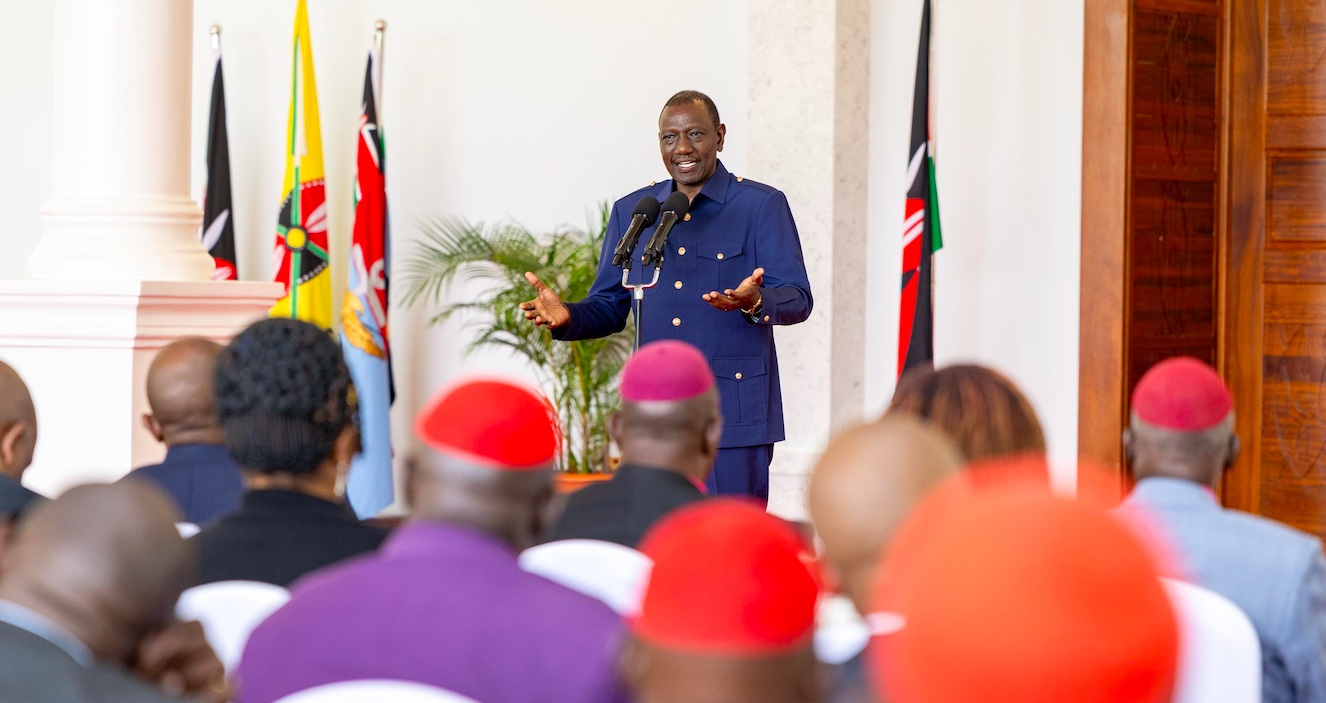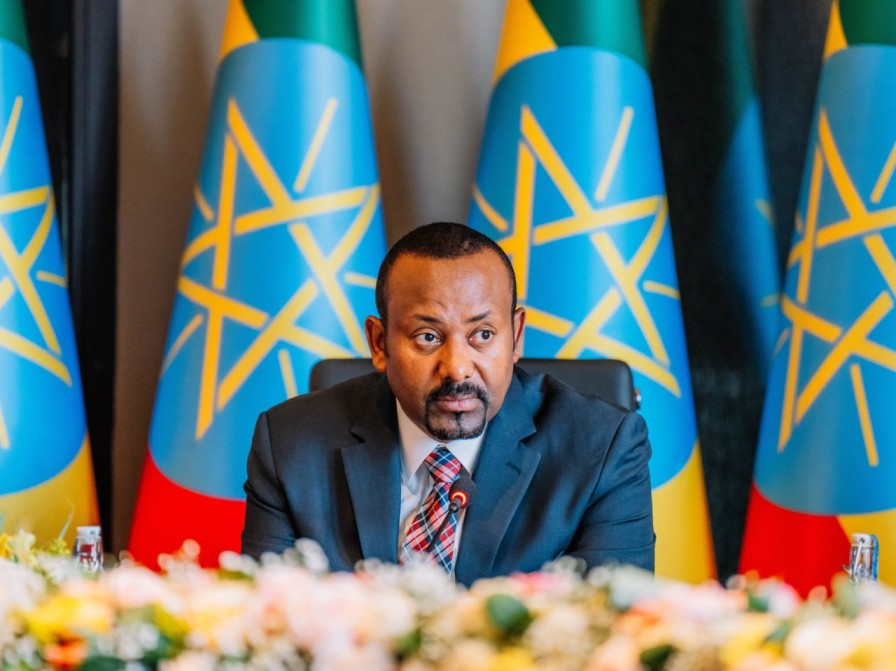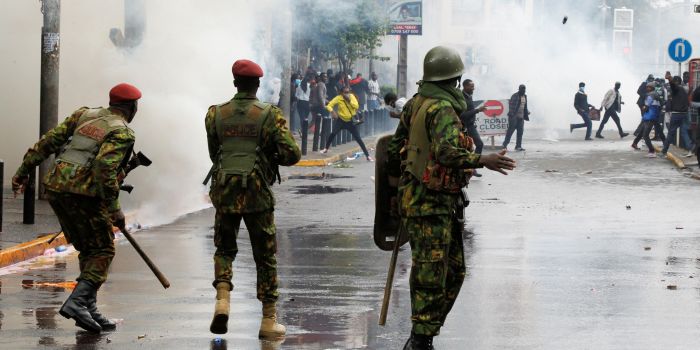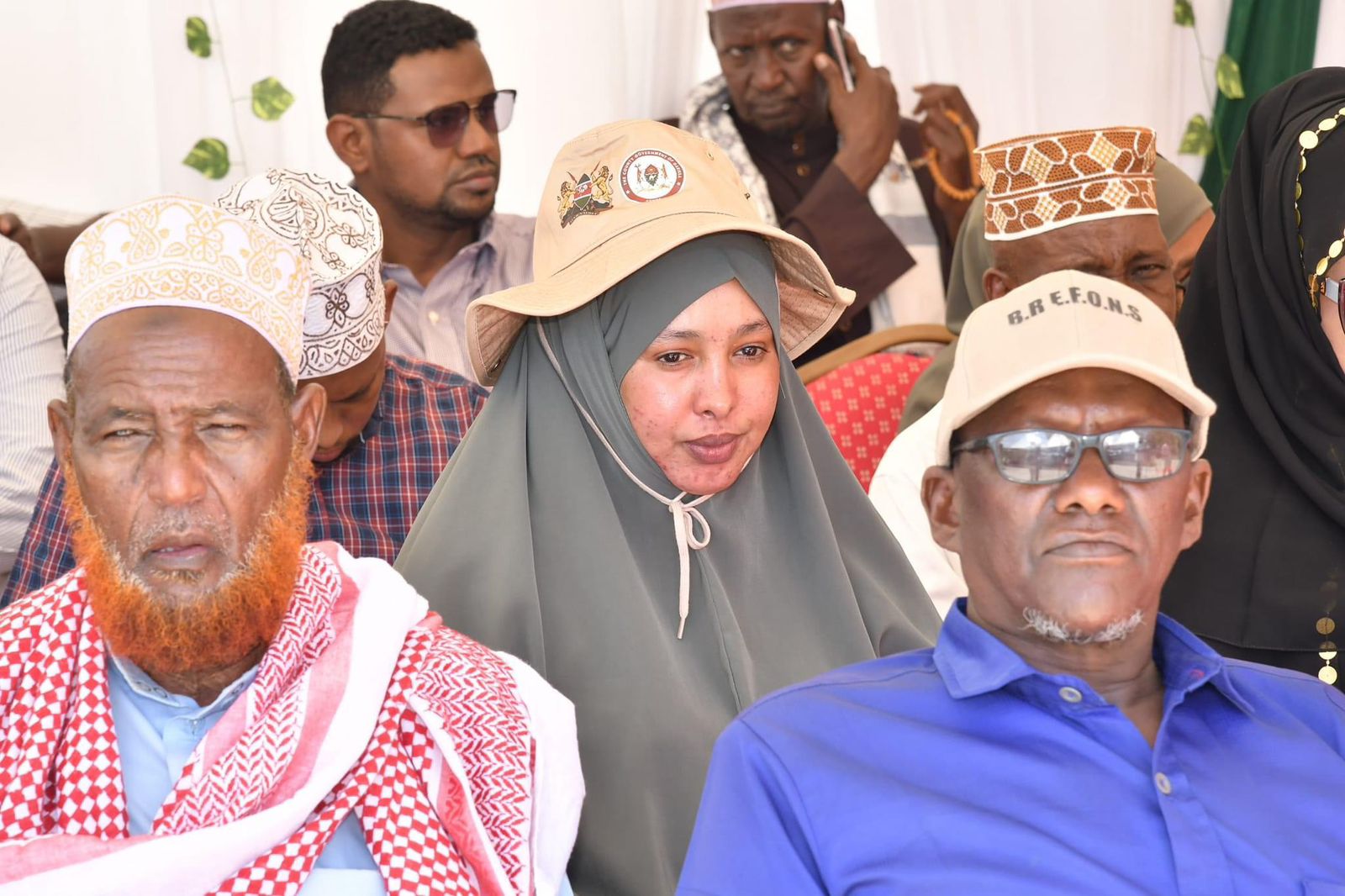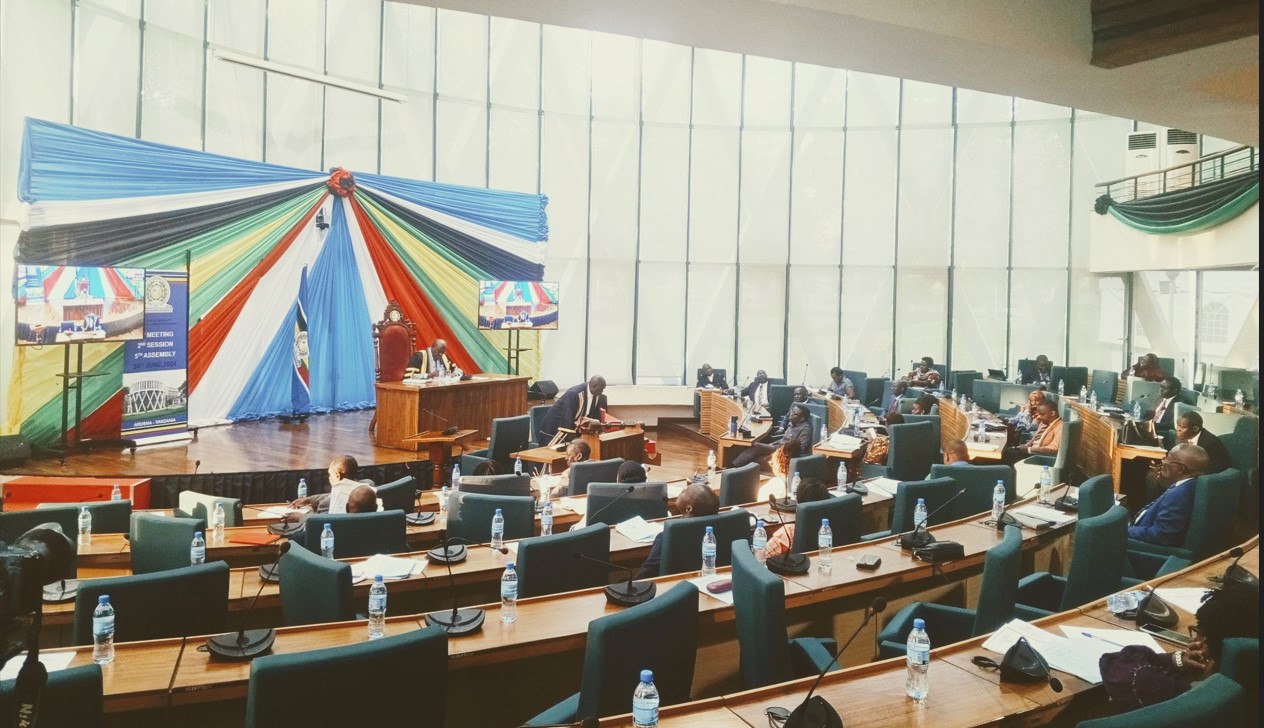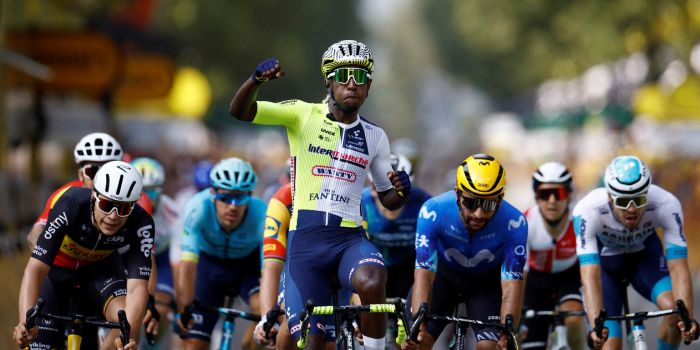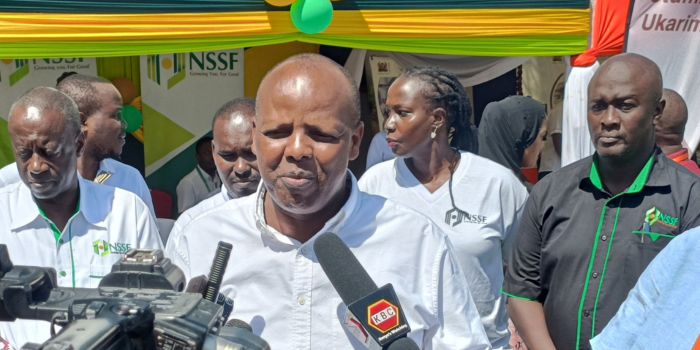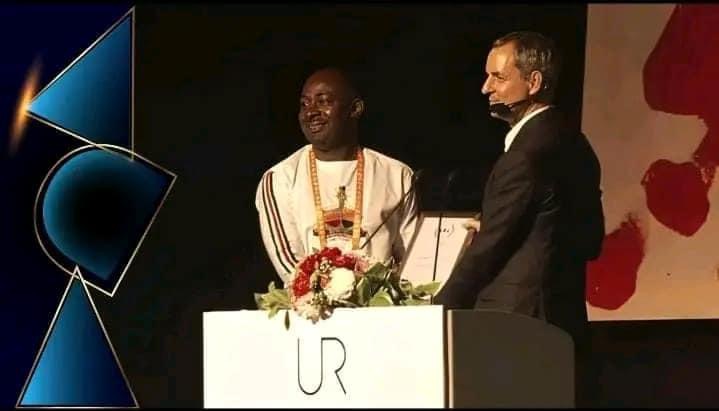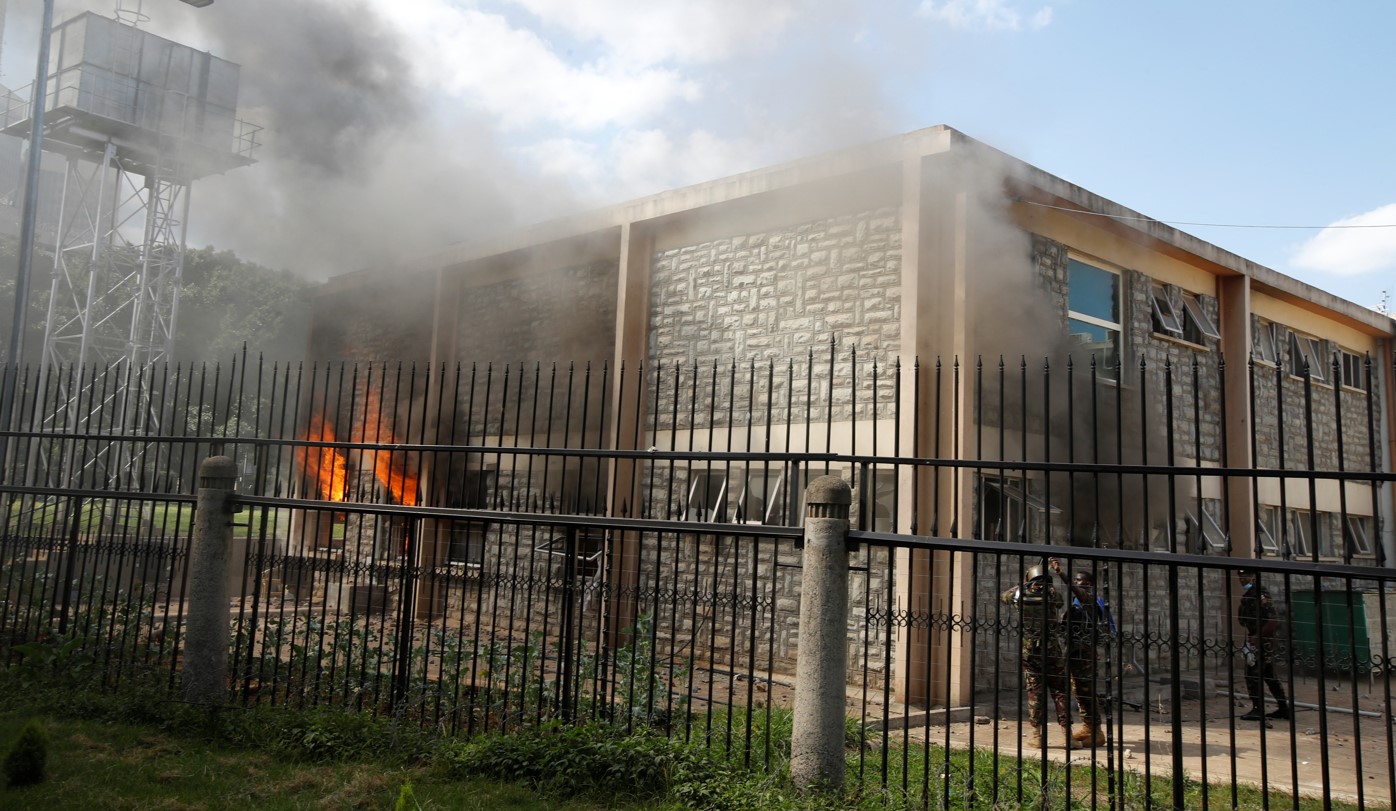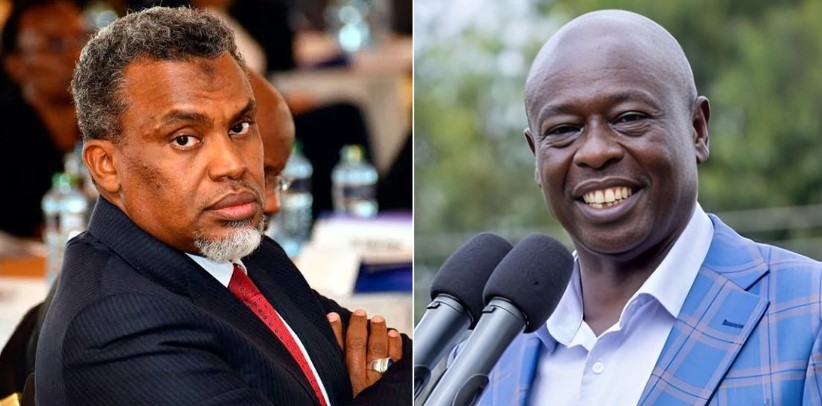UNICEF condemns violence against children in global conflict zones

By Charity Kilei |
UNICEF has voiced profound concern over these incidents, emphasising every child's right to peaceful assembly and protection from harm.
Children worldwide continue to endure the tragic aftermath of conflicts not of their own making.
In Kenya, during recent protests against the Finance Bill organised by Gen Z, children tragically became victims of police shootings.
Keep reading
- I have no blood on my hands, Ruto says after deadly Finance Bill protests
- Physical inactivity poses major risk for noncommunicable diseases, says WHO
- Authors discuss global issues, pay tributes to anti-tax protest victims at Nairobi Literature Festival
- Opinion: Police response to protests should not escalate tensions
Disturbing images circulated on social media, depicting children injured by gunfire in Rongai, with local residents scrambling to transport them to hospital. Many of these children were not even participating in the protests, highlighting the indiscriminate violence that swept through residential areas.
In Rongai, about three children sustained gunshot injuries during the shooting.
One of the victims, Kennedy Ouma, a 12-year-old boy from Rongai, was reportedly shot eight times by the police.
Another Form Three student was shot in Githurai 45 on June 26. Her mother, Tabitha Waithera, said her 16-year-old daughter Winfrey Wairimu who was not part of the protests, fell victim to the wrath meted upon protesters when police officers stormed the area after their colleagues were overpowered by protesters earlier.
Many others suffered severe injuries from police actions, exacerbating the humanitarian crisis in the region.
UNICEF has voiced profound concern over these incidents, emphasising every child's right to peaceful assembly and protection from harm.
The escalating conflicts globally have had a profound impact on children, with many losing their lives or sustaining injuries.
In South Sudan, a recent attack claimed the lives of at least 12 children and left 15 others missing, underscoring the widespread violence's devastating toll on children in conflict zones worldwide.
Across the globe, more than 30 million children have been forcibly displaced by conflict, exposing them to risks such as exploitation, trafficking, and deprivation of essential services like education and healthcare.
From Gaza to Ukraine, children continue to endure immense suffering as armed conflicts ravage their communities and destroy critical infrastructure.
In Gaza, children have faced unprecedented levels of violence from Israeli forces, with over 13,800 Palestinian children killed or injured. Tragically, 33 Israeli children also lost their lives in attacks.
Similarly, in Ukraine, the verified number of child casualties has risen by nearly 40% this year compared to last year, as deadly assaults persist unchecked.
UNICEF has expressed grave concerns over these ongoing attacks, which have claimed the lives of 25 children between January and March 2024 alone, including infants as young as two months old.
The relentless nature of these assaults continues to devastate communities, leaving children nowhere safe as schools, healthcare facilities, and homes are destroyed.
Official UN statistics reveal that since the escalation of conflicts in 2022, at least 600 children have been killed and over 1,350 injured in attacks, although the actual figures are believed to be significantly higher.
Moreover, critical infrastructure essential for children's well-being, including thousands of homes, 36 healthcare facilities, and 140 educational institutions, have been damaged or destroyed in the first quarter of this year alone.
Attacks on power supplies and water sources further exacerbate the humanitarian crisis, posing severe risks to children's lives and their ability to thrive in safety and security.
As conflicts intensify globally, the international community faces a daunting challenge in protecting the lives and futures of millions of children caught in the crossfire. Urgent action is needed to shield children from the horrors of war, uphold their rights to safety, education, and healthcare, and ensure they are spared the devastating consequences of armed conflicts.
Efforts must focus on preventing further harm, delivering humanitarian aid to affected communities, and advocating for peaceful resolutions to these conflicts to secure a brighter future for every child.




